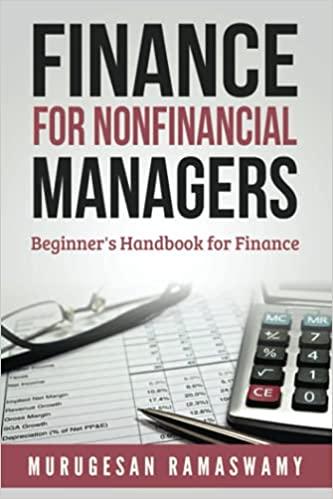Question
agree or not? What are the benefits of having a bond? Bonds can contribute an element of stability to almost any portfolio- they are a
agree or not?
What are the benefits of having a bond? "Bonds can contribute an element of stability to almost any portfolio- they are a safe and conservative investment. They provide a predictable stream of income when stocks perform poorly, and they are a great savings vehicle for when you don't want to put your money at risk." There is no minimum or maximum one can put in a bond, but it is always great to keep money flow going into the bond. A collateral is an asset that a bondholder can claim in a case of default. All bond holders have the claim on the collateral and sometimes even bankruptcy as well. What is a senior bond? "In the event of a company's bankruptcy or liquidation, a senior security is one that ranks highest in the order of repayment before other security holders receive a payout. Senior securities are typically considered the safest offering by a company because in the event of a default the senior security holders will be paid any funds owed before investors in lower ranking securities." The seniority of the bond is related to the coupon rate of the bond and the more senior the bond is the lower the coupon rate will be. If bankruptcy occurs, the senior bonds will be paid first. There are many advantages in having a sinking fund. Some of the following include, "risk reduction, lower interest payments, and higher bond prices." Although there are quite a few of the advantages, there are also some disadvantages some may want to consider. "Money set aside in a sinking fund is not available to grow the company or pay dividends. A disadvantage to stocker holders. Additionally, early redemption is facilitated by a sinking fund, which reduces the number of interest payments of a bondholder receives." What is a Call Provision? "A call provision is a stipulation on the contract for a bond- or other fixed-income instruments- that allows the issuer to repurchase and retire the debt security. Call provision triggering events include the underlying asset reaching a preset price and specified anniversary or other date being reached. The bond indenture will detail the events that can trigger the calling of the investment. An indenture is a legal contract between the issuer and the bondholder." Call provision benefits for the issuer. "When a bond is called, it usually benefits the issure more than it does the investor. Typically, call provisions on bonds are exercised by the issuer when overall market interest rates have fallen. In a falling rate environment, the issuer can call back the debt and reissue it at a lower coupon payment rate. In other words, the company can refinance its debt when interest rates fall below the rate being paid on the callable bond." What is a make whole call provision? "A make whole call provision is a type of call provision on a bond allowing the issuer to pay off remaining debt early. The issuer typically has to make a lump sum payment to the investor derived from a formula based on the net present value of future coupon payments that will not be paid incrementally because of the call combined with the principal payment investor would have received at maturity." There are quite a few positive covenants for J&J Air. Keeping the company to maintain the current ratio, and maintain audited financial statements, the company will stay in good working conditions and all will be well with the company. A negative covenant protects a bondholder from restricting the company from certain things. But, as it is restricting for the company it is protecting because some of those can include harmful things to the bond holder. What is a Conversion in Finance? "A conversion is the exchange of a convertible type of asset into another type of asset, usually at a predetermined price, on or before a predetermined date. The conversion feature is a financial derivative instrument that is valued separately from the underlying security." Investing in a Floating-Rate Bond. "Unlike traditional bonds that pay a fixed rate of interest, floating-rate bonds have a variable rate that resets periodically. Typically, the rates are based on either the federal funds rate or the London Interbank Offered Rate plus an added "spread"."
Step by Step Solution
There are 3 Steps involved in it
Step: 1

Get Instant Access to Expert-Tailored Solutions
See step-by-step solutions with expert insights and AI powered tools for academic success
Step: 2

Step: 3

Ace Your Homework with AI
Get the answers you need in no time with our AI-driven, step-by-step assistance
Get Started


